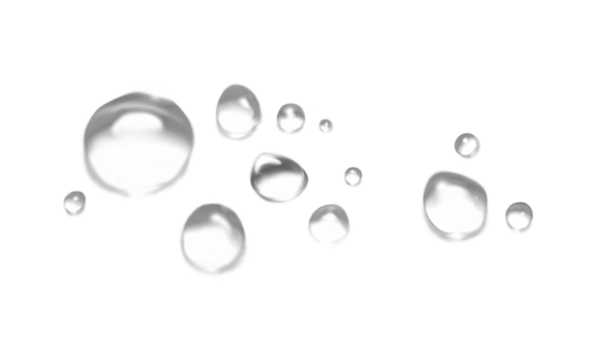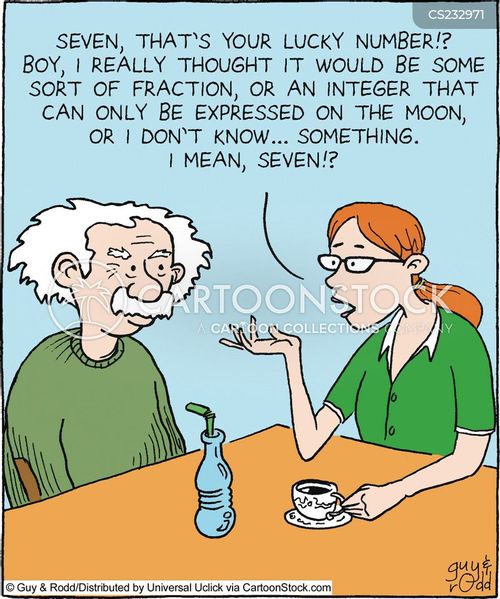We start our week with the threat of a Nor'Easter/Blizzard moving into New England on Monday night. The Weather Channel says it's shaping up to be "historic" and will move up the coast, most certainly affecting my three children whose homes span the Maine coastline from Portland north to Bangor. They can expect to get smacked -- 50-60 mph winds and upwards of 2 feet of snow are predicted at this juncture. What we'll get this far inland remains to be seen. Still, the potential for a snowstorm is no small matter and we would be wise to pay attention to local weather forecasts and prepare ourselves "just in case."
BE SAFE. . .
ASSIGNMENTS FOR THE WEEK OF
JANUARY 26 - 30
SCIENCE

Monday: Water Unit Review -- Look over information from previous weeks' blogs. Review Vocabulary, Water Cycle (another Interactive Water Cycle can be found HERE), Conservation, Oceans, and Bottled Water Check your Drive for your very own personal study sheet. Woo-hoo!
Thursday: Water Unit Test
Take THIS interactive quiz on the Water Cycle! Great test prep--you'll see some of this information again on your BHT!
Here's 8 minutes of engaging vocabulary review in a great video format:
NASA/THE WATER CYCLE: "Water is the fundamental ingredient for life on Earth. Looking at our Earth from space, with its vast and deep ocean, it appears as though there is an abundance of water for our use. However, only a small portion of Earth's water is accessible for our needs. How much fresh water exists and where it is stored affects us all."
Take this Interactive Question & Answer Game *- A flash animated game that gives the Answer. You have to choose the correct Question from three possible answers. The game lets you know instantly if you have the right answer. Play the game as often as you'd like to improve your score. When you're done, click on "print" to save to Google Drive and send it to me.

Want to learn more? Check out these 6 Drinking Water Bloopers. Write each of them in a sentence
(or two) explaining why each one is a blooper -- as part of your test grade. Can you think of any more?

INTERESTING, INTERESTING, INTERESTING. . .
Water Facts of Life - Amazing facts about water.
SOCIAL STUDIES

Tuesday: Finish Pyramid, by David Macaulay and associated activities. Focus for this lesson: the mummification process. Way cool activity to follow! (See Video 2 below.)
Two short videos to watch this week:
Although these instructions will vary slightly from ours, it clearly shows how to use paper mache and a few common supplies to create a sarcophagus. This is a project that will take several sessions to complete.
The written directions can be found HERE.
DONATED SUPPLIES WE COULD USE:
Small soft butter tubs with lids
small stick-on gems/sequins for decoration
metallic markers or paints in various colors
LANGUAGE ARTS
Monday - Wednesday: Complete 2nd draft of Personal Narrative.
- Highlight in blue your great beginning. On the margin, write down the kind of lead you chose.
- Highlight in pink any examples of setting.
- Highlight in yellow all dialogue.
- Highlight in orange all examples of "Show Don't Tell."
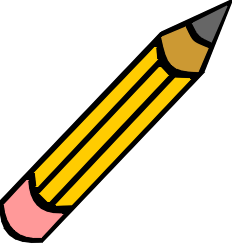
Thursday & Friday: District Writing Prompt
REMEMBER TO USE THIS RUBRIC TO GUIDE YOUR WRITING. . .

WORD STUDY
Unit 9 due Friday
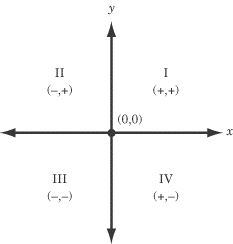
MATH
Monday: Unit 3 Test
Tuesday: Corrections
Wednesday: Retest
Thursday: Rates and Ratios Introduction & 4.1
Friday: 4.2
A Great Introduction!
~ and. . . ~
Blizzard image Water Cycle image Faucet image Egyptian border image Anubis/mummification image Anubis image Pyramids image Teal banner mage Quadrants image Word study image Pencil image Writing Boy image Oops image Animated water droplet The weight of snow image






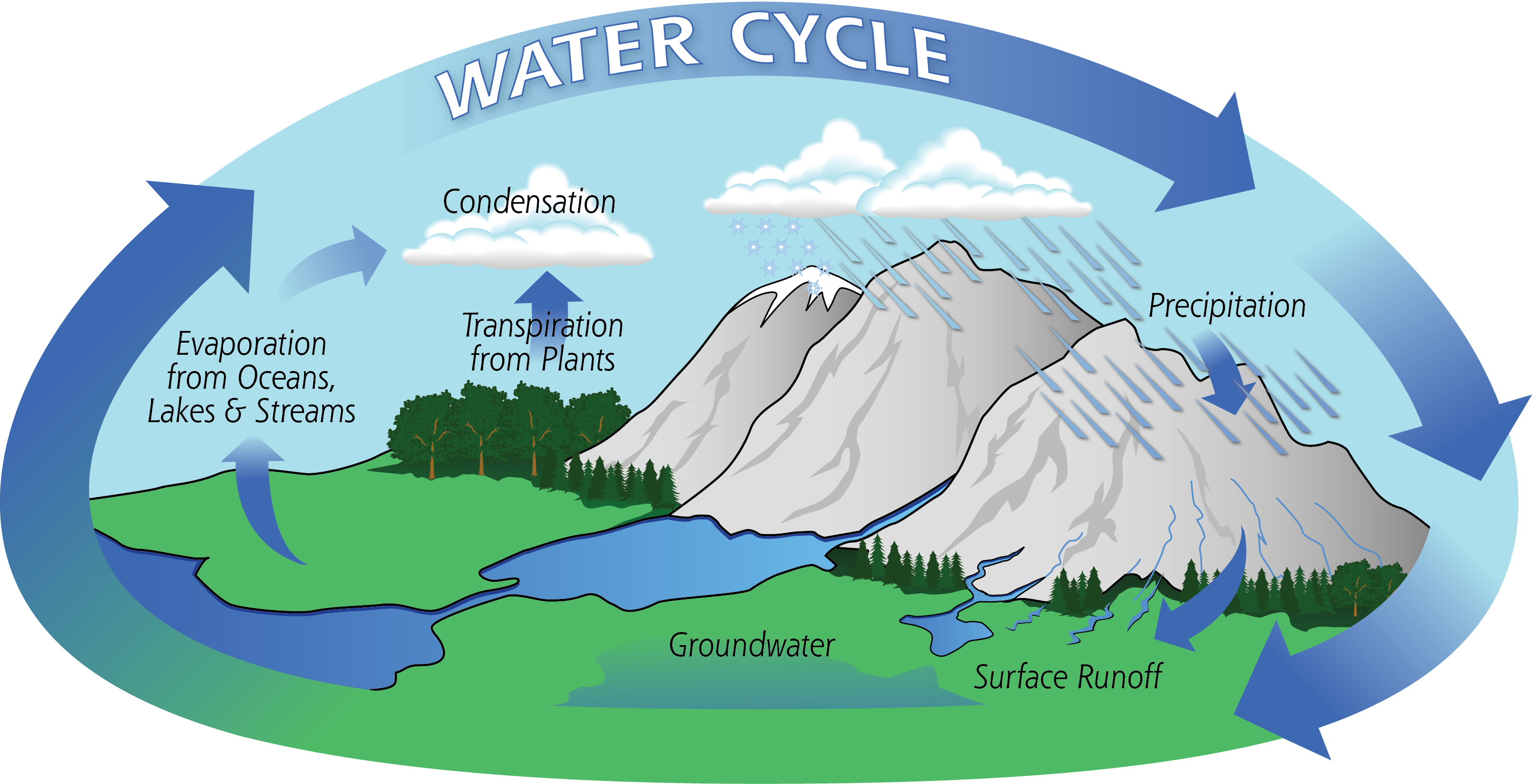







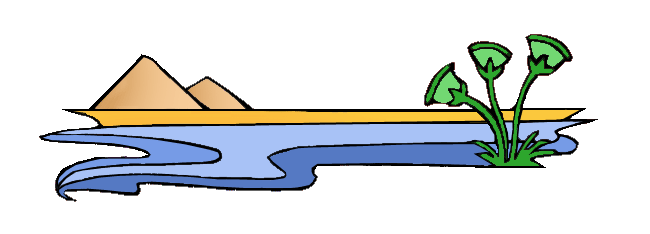

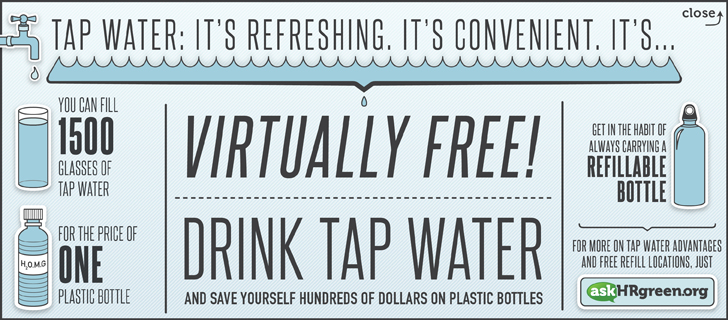







.png)
